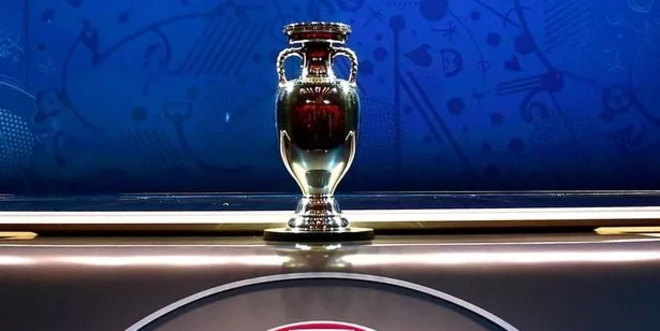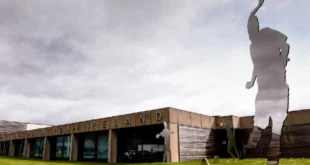The Republic of Ireland’s prospects of appearing at Euro 2028 have significantly improved following a recent UEFA decision. The governing body has announced that two guaranteed places at the tournament will be allocated to the best-performing host nations that do not qualify through the traditional route.
This decision provides a clear pathway for Ireland to participate in the competition, even if they fail to secure qualification on sporting merit. Should two of the three other co-hosts—England, Wales, and Scotland—earn their places through the standard qualification process, Ireland would automatically receive one of the reserved slots. This scenario would guarantee the Republic’s participation regardless of their qualification group performance.
Host Eligibility, Qualification Format, and Venue Details
Euro 2028 is set to be staged across nine venues in the United Kingdom and Ireland, with the Aviva Stadium in Dublin confirmed as Ireland’s host site. A total of 24 national teams will compete in the final tournament. Each host nation was initially expected to qualify automatically, but UEFA opted instead to limit guaranteed spots to a maximum of two hosts, with a ranking system to determine who benefits if multiple hosts fail to qualify.
The decision was finalized at a meeting of the UEFA Executive Committee held in Bilbao ahead of the Europa League final. This new arrangement excludes Northern Ireland from automatic consideration, as Casement Park—originally planned as a venue—was removed from the list of host stadiums in September of the previous year. As a result, Northern Ireland no longer has the opportunity to qualify as a host nation.
The qualification process for Euro 2028 will feature 12 groups made up of four or five teams. The top team from each group, along with the eight best-performing runners-up, will qualify directly for the tournament. Two additional places are designated for the highest-ranked host nations who do not qualify through these group stages. The final two spots will be filled via play-offs.
Play-Off Mechanism and Nations League Integration
The play-offs will be contested by the remaining group runners-up and the highest-ranked group winners from the 2026–27 UEFA Nations League who have not yet qualified. If all four host nations—England, Scotland, Wales, and Ireland—secure qualification on their own merit, the number of play-off participants could increase to 12, creating an expanded opportunity for teams that fall short in group play.
UEFA is expected to release the full tournament match schedule in the autumn, outlining the allocation of matches across the nine host cities. This will provide clarity on fixture dates, group arrangements, and venue logistics as teams begin to prepare for the qualification phase.
The structural adjustments introduced by UEFA aim to balance competitive integrity with the logistical realities of staging a multi-host tournament. For Ireland, the developments offer a notable advantage and a realistic pathway back to a major international competition, having missed out on recent European Championship editions.
 The Daily Star Ireland
The Daily Star Ireland

